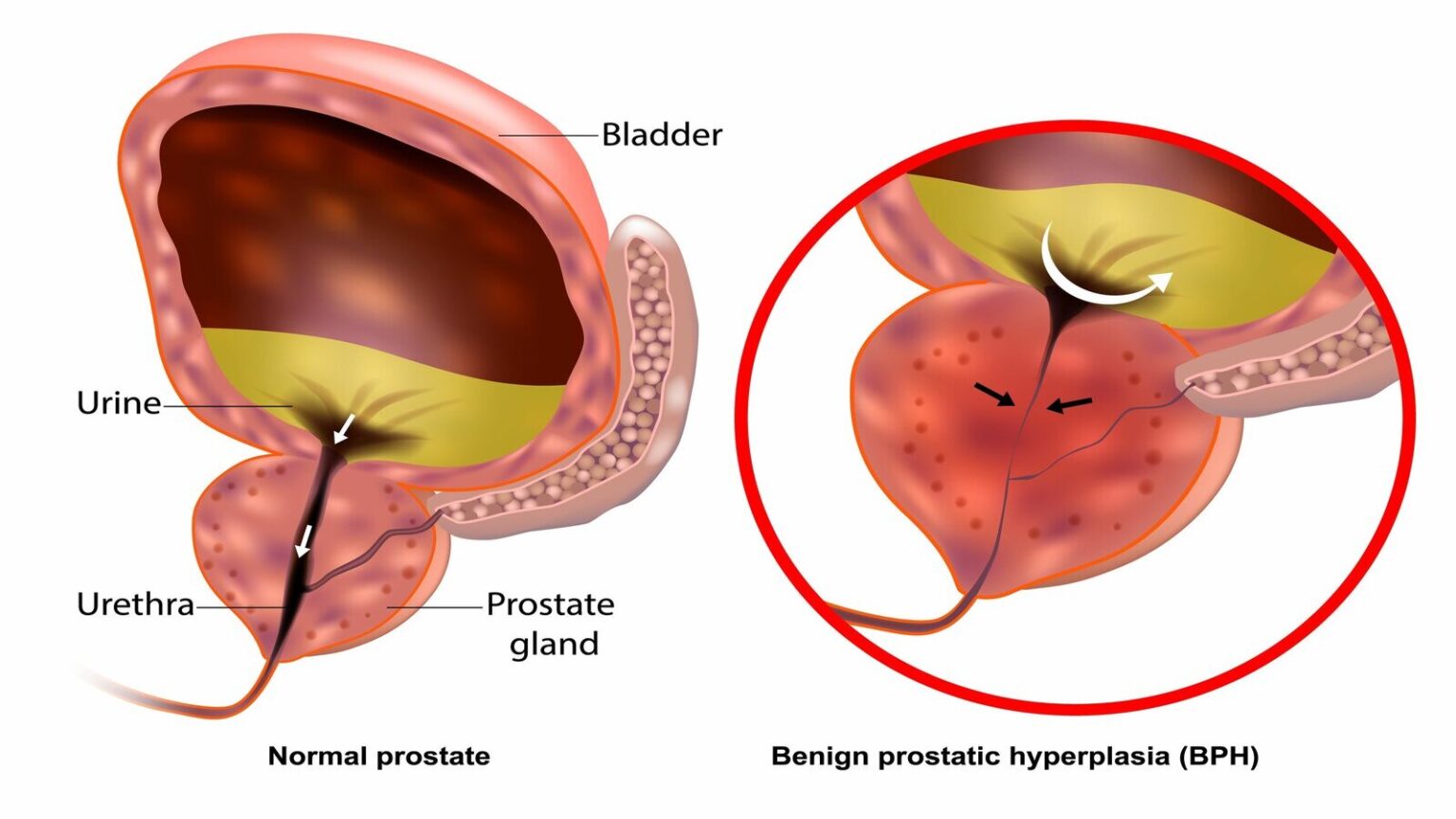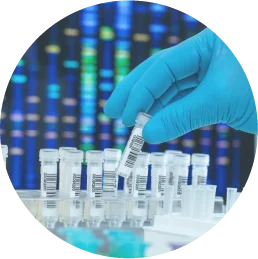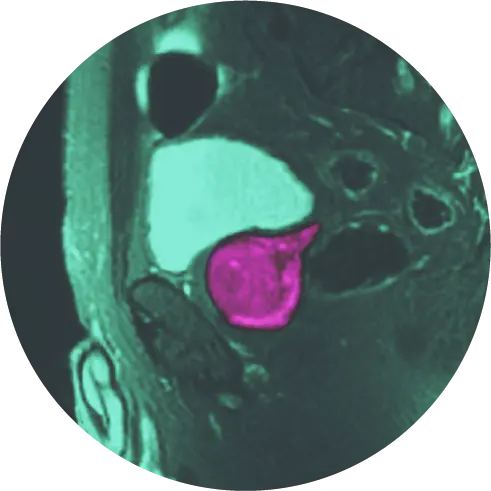As men age, they may notice changes in their bodies that affect their day-to-day lives. Some of these changes could lead to problems with urination. Men who have lower urinary tract symptoms (LUTS) like sudden urges to urinate or the need to frequently get up at night to urinate, could be showing signs of prostate or bladder conditions. It might be easy to accept and ignore these changes as signs of aging, but reporting them to your medical team and seeking help could improve or even reverse some symptoms that could be related to Benign Prostatic Hyperplasia (BPH).
Is Benign Prostatic Hyperplasia (BPH) Causing my Urinary Problems?
Urinary symptoms could be related to many conditions, so after reporting these changes to a doctor, the first step is often to rule out more serious conditions such as bladder or prostate cancer. The medical team may do some tests such as a digital rectal examination, urinalysis, urine flow test, or others.1
Depending on the results of these tests and the symptoms present, you may be diagnosed with benign prostatic hyperplasia (BPH), a condition that causes the prostate to grow and remain enlarged. BPH is common; by age 60, about 50% of men will show signs of prostate enlargement. This increases to about 90% for men over the age of 85.2 The problem with an enlarged prostate is that it may block the urethra, the tube through which urine and semen leave the body. This can cause many symptoms, such as:2,3
- Frequent need to urinate (defined as more than 8 times per day).
- Urgent need to urinate or incontinence (inability to control urination).
- Frequently getting up at night to urinate.
- Pain after urination or ejaculation.
- Difficulty urinating or starting a urine stream.
- Weak or intermittent urine stream.
- Changes in urine color or odor.
- Inability to completely empty the bladder.
Is BPH a Dangerous Condition?
In most cases, BPH only causes uncomfortable symptoms which affect quality of life. If left untreated for an extended amount of time, BPH can lead to more serious symptoms and the development of serious conditions. The blockages in the urethra caused by BPH can lead to urinary tract infections or bladder stones.2 Some men may live with mild symptoms of BPH and simply monitor the condition with their doctor through annual check-ups. Others may experience worsening symptoms that lead them to seek treatment. Some people fear that BPH can lead to an increased risk of prostate cancer. Even though BPH and prostate cancer may produce similar symptoms, BPH is not linked to prostate cancer and does not increase one’s risk of developing cancer.4
Can BPH be Cured?
BPH is not curable, but there are treatments that can help reduce the impact of symptoms.
Some prescription medications are used to treat BPH, including drugs that relax the muscles near the prostate or help shrink the prostate.4 These medications can also be used together.
If medications do not help or symptoms are more severe, surgical intervention can also be used to treat BPH. The most common procedure for BPH is the transurethral resection of the prostate (TURP).4 The purpose of the procedure is to trim away excess prostate tissue, which can relieve many of the symptoms of BPH. However, invasive surgeries can result in serious side-effects and longer recovery times.
Are There Less Invasive Treatments for BPH?
There are minimally invasive treatments for BPH, such as laser focal therapy. This treatment allows doctors to target enlarged areas of the prostate with a highly precise laser under MRI guidance to destroy the extra tissue without harming other parts of the prostate. Laser focal therapy has fewer side effects than surgery and does not require anesthesia or a hospital stay.5
BPH is a common and treatable condition. Men experiencing urinary changes should report these symptoms to their doctors and discuss options that can allow them to lead lives unburdened by BPH.
We’re Here to Help
HALO Diagnostics offers minimally-invasive Laser Focal Therapy for treatment of BPH. Please give us a call today at (844) MENS-MRI or request a consultation online to learn more.
References:
- https://www.ncbi.nlm.nih.gov/pmc/articles/PMC1472850/
- https://my.clevelandclinic.org/health/diseases/9100-benign-prostatic-hyperplasia
- https://www.niddk.nih.gov/health-information/urologic-diseases/prostate-problems/prostate-enlargement-benign-prostatic-hyperplasia
- https://www.cancer.gov/types/prostate/understanding-prostate-changes
- Patella, G., Ranieri, A., Paganelli, A., et al. (2017). Transperineal laser ablation for percutaneous treatment of benign prostatic hyperplasia: A feasibility study. Cardiovascular Interventional Radiology, 40(9), 1440-1446. doi: 10.1007/s00270-017-1662-9




